Aussies love awards and stellar achievements. Particularly when we’re on the receiving end. Best and fairest, most valuable player, player of the series, best supporting actor, Treasurer of the Year (hang on!) and so the list goes on. Our collective chests burst with pride when we hear of the achievements and world records of our sports and silver screen idols and this gives us a sense of playing on the world stage with the big boys/girls. [Read more…]
Solar Panel Size: Is Bigger Better?
The Size of Solar panels is definitely increasing, there’s no denying it.
A couple of years ago the average solar panel was 165W. Today the average is about 240W. The biggest one approved for installation in Australia at the time of writing is the whopping Topsun TS-S410. This giant amongst solar panels has these super sized stats: [Read more…]
Understanding Solar Panel Specifications Part #2: Power, Tolerance & Efficiency
In Part #1 I went into great detail about why the “Max Power” quoted on your solar panel specification sheet and the real max power you will actually get from that panel are very different numbers. I showed you how to calculate a more accurate max power by using some little known temperature specs.
In this post I’ll go through the other important numbers that you should look at when comparing solar panels.
How To Read A Solar Panel Specification: Part #1 Power & Temperature Specs
Does a solar panel specification with “Max Power” rated at, say 190W, really produce a maximum power of 190W when it is on your roof in the blazing sun?
Short Answer: Not on your nellie!
The max power rating (in Watts) that your solar panels are rated at is the figure that everyone quotes when talking about “panel size”. If the installer or salesperson talks aout a “190W or 250W panel” they are talking about the “max power” rating of the panels. This rating is based on the power output measured from that panel under “Standard Test Conditions” (STC) that, unfortunately, are a long way from “Real World Operating Conditions”.
Would the solar industry be better off without government support?
Fascinating article this. The UK’s only Green MP, Caroline Lucas, takes to the pages of The Guardian to launch a broadside against the UK Government’s investment policy in relation to solar energy.
The UK Government this week lost an appeal in the High Court against a lower court’s ruling that its retrospective attempt to change the solar feed-in tariff rates imposed by the previous Labour Government was “legally flawed”. The Cameron Government had tried to reduce the rates before the agreed consultation period had expired.
Innovative solar energy project to aid off-grid rural communities in Africa
The British-based solar energy charity organisation SolarAid has teamed up with Cambridge-based solar technology company Eight19 to provide solar energy at affordable prices to poorer people in rural parts of Africa.
SolarAid are a charity group working in rural areas throughout eastern and southern Africa with a bunch of great ideas. According to their website they believe jobs and business opportunities for poorer people in the rural areas of Africa is important. [Read more…]
Your Solar Panel & Inverter Warranty And The Law: What You Need To Know
Your Solar Panel Warranty and Solar Inverter Warranty have tough new minimum standards by law. Changes to the Australian Consumer Law came into effect on 1 January 2012. These are good changes which help protect you as a solar consumer from toothless warranties when buying a solar system. [Read more…]
Construction on Mildura solar system begins but what can taxpayers expect?
The announcement last month from R&D company Silex Systems that construction on Australia’s largest solar power station at Mildura, VIC, has begun gladdens the heart. And the hip pocket nerve. After all Victorian and federal taxpayers are helping to fund this venture to the tune of around $120 million.
How Much Does Off Grid Solar Cost?
I had a phone call from a mate today asking for advice on buying an off grid solar system for his new house in suburban Melbourne. He was pissed off about paying the daily grid connection charge when his solar system was easily going to produce more power than he used. A typical grid connection charge is about $1 per day.
So what is the extra cost of getting completely off the grid with your solar system in the city compared to a standard grid connect solar system?
AC Solar Panels (microinverters) : The #1 Solar Trend to watch for in 2012?
Will 2012 be the year of the AC Solar Panel?
Before answering that question I should probably explain exactly what an AC Solar Panel is…
What is an AC Solar Panel?
The short answer is: An AC Solar Panel is a solar panel that takes sunlight in and spits AC (Alternating Current) electricity out. This compares to a “conventional” DC Solar Panel which takes sunlight in and spits DC (Direct Current) electricity out.
AC Electricity is the type of electricity you need to power the appliances in your home. DC panels need a Solar Inverter to convert the DC electricity to AC. The big advantage of AC panels is that there is no need for an inverter to do that conversion, so you have a really simple design, a simpler installation, and adding extra panels becomes almost plug and play.


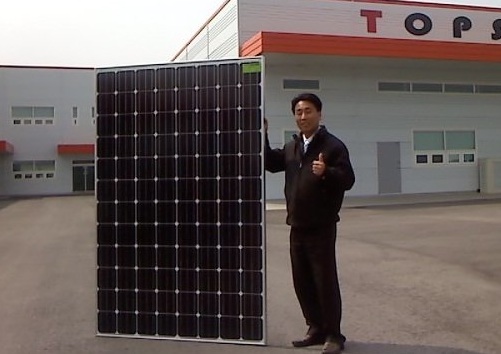
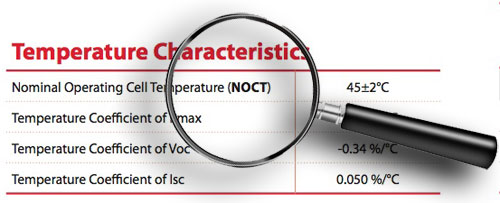
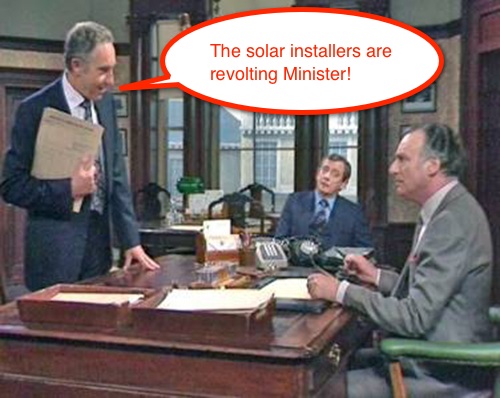
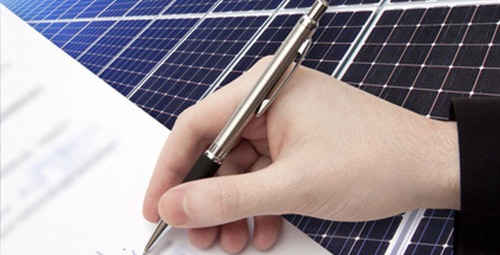
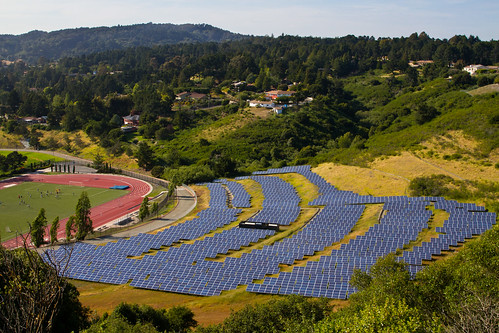

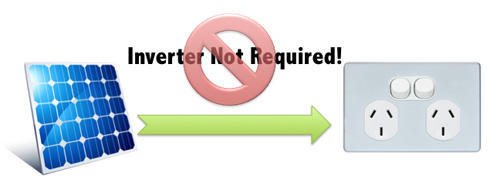
 RSS - Posts
RSS - Posts



Currently Raging Debates: